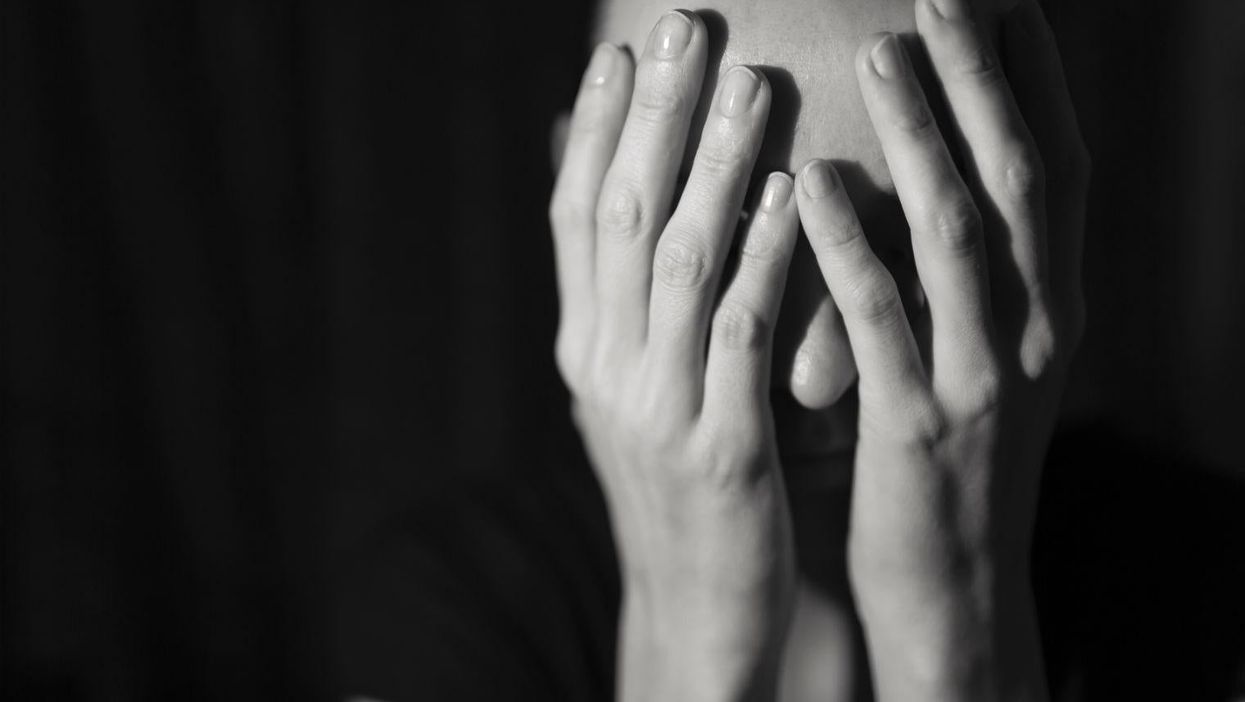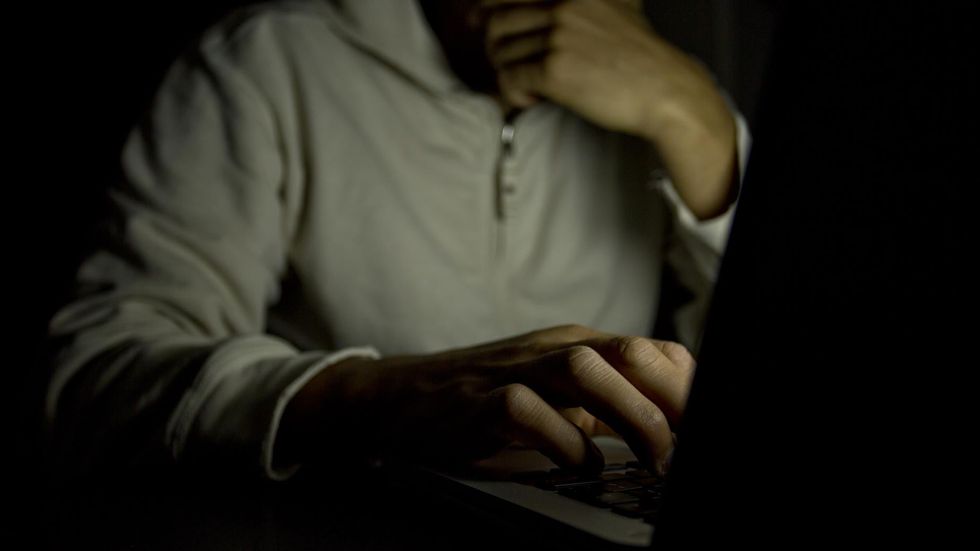Celebrities
Joe Vesey-Byrne
Aug 15, 2016

Picture: kieferpix/iStock
Domestic violence prevention groups Refuge and the Nia Project have highlighted some of the behaviours that constitute an abusive relationship, or red flags they advise people to watch out for.
The absence of stereotypical abuse - such as physical violence or openly aggressive behaviour - can allow people both in a relationship and outside of it, to pretend abuse is not being perpetrated.
The groups have also been trying to dispel myths regarding abuse such as the idea that alcohol and drugs make people more violent, or that it excuses it.
They have also addressed the myth that a leaving an abusive partner is simple and always possible. Often a person might not have the means to leave (access to money, or any time when they're not under surveillance), or else they're being controlled emotionally by the abuser. As Nia and Refuge point out, this kind of control can begin early on in a relationship.
According to statistics from Nia, 54 per cent of rapes reported to the police took place within the context of domestic violence, that is they were committed by partners or former partners.
Data from the Office for National Statistics, used by Refuge, shows that two women are killed every week in England and Wales by a current or former partner (2015). Refuge also quotes Home Office statistics which say domestic violence has a higher rate of repeat victimisation than any other crime.
Here are some of the warning signs.
1. They're overly romantic - at first.
The honeymoon period is a whirlwind of intense romance. This can take the form of gifts, huge gestures, and the appearance of devotion to you and you alone. It's not romantic. It can be tied in to a psychopathic idea of conquest, achieving you is a boost to their ego rather than them going after an actual relationship. This is 'grooming' as distinct from 'courting'.
Further signs: Usually they want to make serious commitments very early on, whether it's being exclusive, saying 'I love you', living together, or even having children.
This all changes once the honeymoon period is over. Then their attention will fluctuate. Possessive one moment, distant the next. It can make a person dependent on the abuser. The disrespect caused by their mercurial emotions can lead to depression, PTSD, and anxiety. Their seemingly divided personality will continue throughout the relationship, only the charming side will appear less and less at the expense of their controlling characteristics.
2. They want complete control over who you see.
Part of this is explained away as jealousy.
It's possessive and demeaning. This can seem flattering for your ego, but it quickly becomes a series of restrictions on who you are and are not allowed to spend time with. With today's 24 hour connectivity it can mean you're expected to call or text your partner constantly, to reassure them of your whereabouts. Sometimes this is also couched in terms of your 'safety', and the abusers' claims that they worry about you.
3. They dislike your friends and family.
Another facet of this control is they start to criticise your social circle, and they let you know about it. It becomes a 'them' or 'me' decision. It can happen in increments, each time you're only caving in a little bit, until the abuser becomes the only person with whom you have any kind of social interaction.
4. They give you no privacy.
Your virtual social life is a more modern method of control for an abuser. Your internet history, and your texts become their domain. The abuser will ask for passwords and account details, and it will be explained away that it's proof that you 'trust' them. Once again, this is about controlling who you contact, and making your life a fiefdom of their life.
5. They call you 'selfish'.
Similar to who you spend time with, an abuser will decide that how you spend your money is their business. This isn't necessarily because they want it for themselves. It's about your self esteem. An abuser will criticise you for buying things for yourself, or for spending your money on a person other than the abuser. Once again, this is about control and taking away your sense of self worth. They can take over access to your money, or else make you feel so guilty that you never spend it on anything.
6. They are always the victim.
It's not just in relation to disputes between the abuser and their partner. They display the psychopathic characteristic of believing they are never wrong, and they are never responsible for the bad things that happen to them. Within the context of the relationship, they will blame their abusive behaviour on you. Excuses such as 'It's because I love you so much' are common.
This is not an exhaustive list, but it contains some of the most significant red flags. If they describe your relationship then it is an abusive relationship.
Support can be reached from the following places:
National Domestic Violence Hotline on 0808 2000 247 (staffed by Refuge and Women’s Aid).
Broken Rainbow on 0300 999 5428 or Galop UK on 0800 999 5428 (for LGBT relationships).
Men’s Advice Line on 0808 801 0327 (for male victims of domestic abuse).
In addition to other advice for victims of abuse, the website for Nia provide tips for covering your tracks, if the abuser is someone who checks your internet search history.
More: This Snapchat account is helping teens speak up about domestic abuse
More: A staggering number of teenagers around the world think that domestic abuse is justified
Top 100
The Conversation (0)














